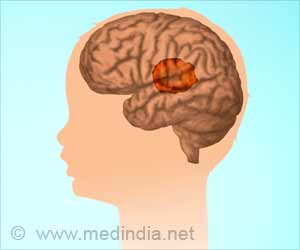What is Brain Tumor / Intracranial Tumor?
Brain tumors or intracranial tumors are a collection of abnormal cells in the brain. Brain tumors which develop inside the brain are called primary brain tumors. Sometimes, the tumors spread to the brain from other parts of the body and are known as secondary brain tumors or metastatic brain tumors (1✔ ✔Trusted Source
Brain tumor
Go to source).
Symptoms of a brain tumor may vary depending on the location of the brain tumor. Some of the symptoms include
Types of Brain Tumors
Go to source).



























Hello, my brother that is 50 years old was recently diagnosed with a brain tumor. He was told that it was incurable, he is scheduled for surgery on Friday of this week to remove it. He will then go through Chemo and radiation but was told this will only help to prolong his life for a time. My mother died from brain cancer in July of 2008 but her tumors came from her breast cancer. I guess my question is, what is the usual life expectancy after a procedure like this. I know that no one can know for certain, but being that I will probably be his primary care giver other than my 72 year old father I am trying to prepare myself for what is ahead. Will he be in some sort of rehab? Will this Chemo make him extremely ill? I apologize that I don’t have the exact type of brain tumor that it is, I only know that he is terminal. Any answers you can give me would be helpful, or maybe some sort of direction as to where I may be able to find these answers would be helpful.